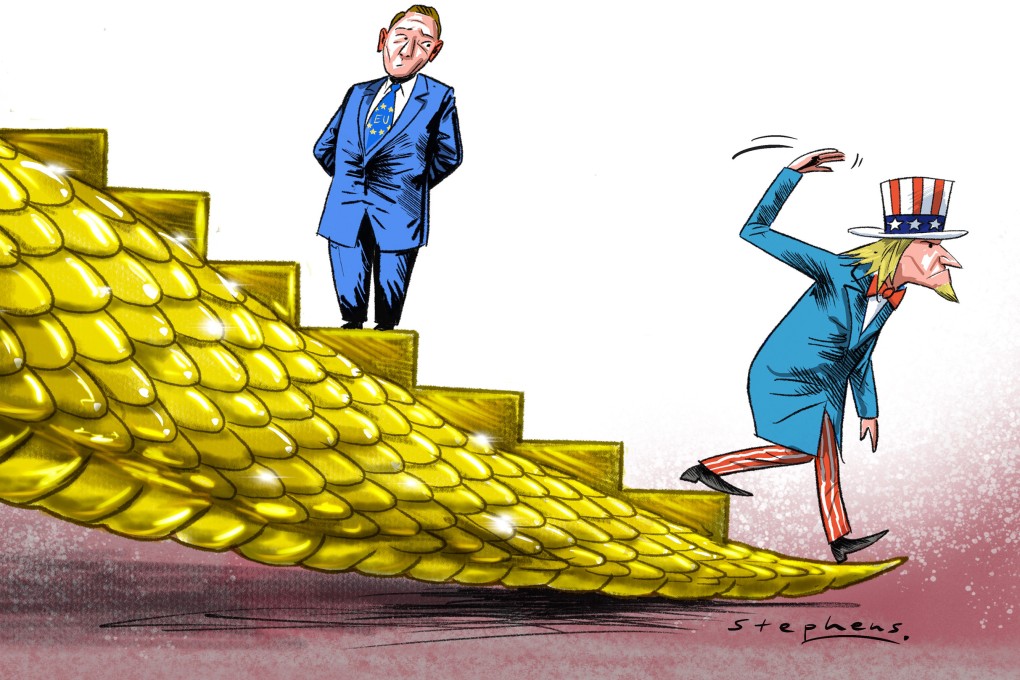Advertisement
Opinion | To discourage ‘de-risking’, China must make its economy too attractive to resist
- For the US and Europe, political factors affect how seriously they ‘de-risk’ from China but economic factors are also vital, especially for businesses
- However, China’s economic malaise is structural and only deep reforms can secure its sustainable economic growth
Reading Time:3 minutes
Why you can trust SCMP
4

Chinese Premier Li Qiang used his speech at the World Economic Forum (WEF) in Tianjin to warn against the sowing of “divisions and even confrontation”. It was his first onstage appearance at what has been called the summer Davos.
In response to concerns about China’s economic deterioration and countries “de-risking” from China, he stressed global cooperation, echoing what he recently told business leaders in Germany: “Failure to cooperate is the greatest risk, and failure to develop is the greatest insecurity.”
Europe takes a softer approach to de-risking from China than the United States, which appears to see Beijing as more of an enemy than a competitor. To Beijing, Washington’s actions, from restricting China’s access to hi-tech products to restructuring supply chains, are a facade for its economic and technological containment of China.
Advertisement
Europe’s more nuanced approach reflects the sentiments captured in a recent poll by the European Council on Foreign Relations. Europeans want to remain neutral in a US-China conflict and are reluctant to de-risk from China. They generally do not see China as a power that wants to undermine Europe, and do not buy into US President Joe Biden’s “democracy vs autocracy” characterisation of the relationship. Instead, the prevailing view is that China is Europe’s “necessary partner”.
Differences in bilateral trade partly explain why there is no unified Western position on de-risking. Former US president Donald Trump’s trade war led imports from China to plunge in 2019 and 2020. Although imports from China have recovered to reach a record high last year, their share of US imports have fallen to 16.5 per cent. In contrast, the European Union’s imports from China have increased steadily over the years to make up 20 per cent of the EU total last year.
Advertisement
Europe is more supportive of “free trade” than the US because it is more dependent on China for the intermediate goods needed for its manufactured exports. But Washington sees its trade deficit with China as undermining its status as the dominant economic power.
Advertisement
Select Voice
Choose your listening speed
Get through articles 2x faster
1.25x
250 WPM
Slow
Average
Fast
1.25x
